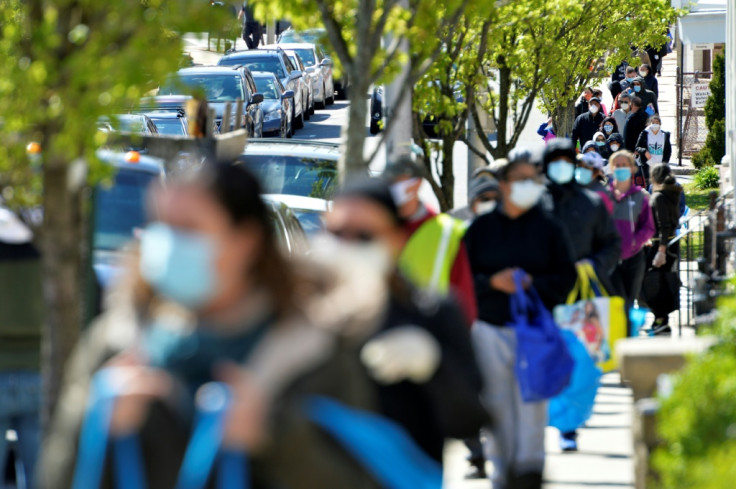Coronavirus: There isn't enough evidence to support claims against use of ibuprofen
Medical experts argue the validity of the earlier stance against the use of ibuprofen among patients diagnosed with COVID-19.
In the early stages of the global coronavirus pandemic, there were several advisories published by health officials regarding certain medication. At the time, preliminary testing was still ongoing related to possible treatments and drug interactions for those diagnosed with COVID-19. Among the medications that were singled out for potentially leading to complications was ibuprofen. However, the latest findings seem to show otherwise, which prompted physicians to deem its short-term usage safe for the time being.
Doctors are likely giving non-steroidal anti-inflammatory drugs (NSAIDs) to help patients sleep and address some symptoms. On the other hand, in-depth studies in the past have already pointed out the dangers of long-term usage of certain painkillers. These include naproxen, diclofenac, and ibuprofen among others.
Data collected pointed out that there is an increased risk of heart failure, stroke, and heart attack. Meanwhile, individuals who are suffering from acute respiratory tract infections are likewise already susceptible to the aforementioned complications. Moreover, regular treatments with NSAIDs can potentially affect the kidneys as well. Nevertheless, Southampton University's Professor Paul Little claims that the COVID-19 pandemic presents an altogether different scenario.
According to the report from The British Medical Journal, it does not necessarily apply to the current SARS-CoV-2 health crisis. "The whole thing should be much more explicit in order to allow sensible discussion and proper critique," stated Little. "I'm not cynical by nature but the thought that there might be other agendas did occur to me, but I suspect it is just that they are undervaluing the case control evidence," he added.
Furthermore, the current stance on the use of ibuprofen by COVID-19 patients does not have enough evidence to support how the drug allegedly aggravates their condition. The Commission on Human Medicines instructs patients who are self-medicating with NSAIDS to seek help from medical professionals if their condition worsens, instead of improving.

Until healthcare authorities officially confirm that a treatment or vaccine for COVID-19 is available, people should abide by the guidelines issued by public health officials. This means social distancing and isolation are still in effect to prevent new infections. A select number of clinical trials are already purportedly showing promising results but would need further controlled testing to confirm their safety for human use.
© Copyright IBTimes 2025. All rights reserved.





















